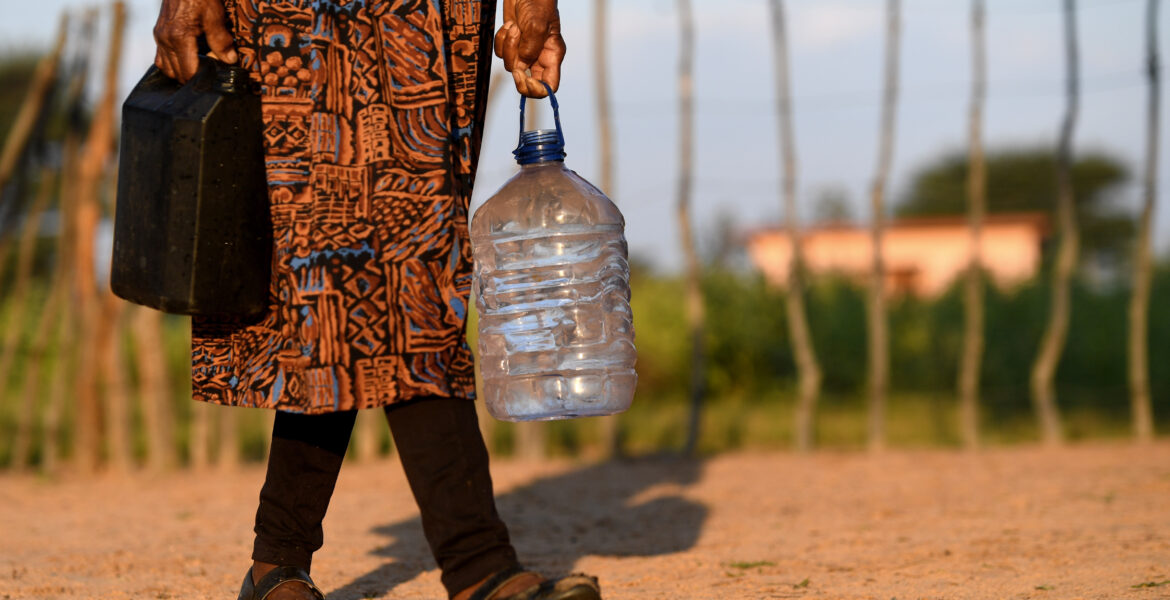- Botswana called on to provide citizens with access to safe and sufficient water
- Report for Human Rights Council focuses on scarcity and salinity of water and water as a human right
GAZETTE REPORTER
The United Nations has expressed deep concern over Botswana’s inadequacies in providing its citizens with access to safe and sufficient water.
These remarks are contained in a report compiled by the UN Special Rapporteur on Human Rights and the Environment, Dr David Boyd, that will be presented to the UN Human Rights Council in March next year.
During a visit to the regions of Habu, Kuke and Ghanzi, Dr Boyd reports that he “heard compelling testimonies from local residents who expressed their strong desire for access to safe and sufficient water, as well as adequate sanitation facilities”.
Long queues
He says in Kuke, he “witnessed long queues of individuals, primarily women and girls, waiting to fill containers from one of only two standpipes that serve a community of over 1,000 people”.
Dr Boyd emphasises that “under international human rights law, Botswana has a legal obligation to ensure that its residents have access to safe and sufficient water in their places of residence, work, study, and leisure”.
Allocation of water resources, he warns, must prioritise human rights first, followed by the needs of ecosystems, and finally, industrial demands.
Significant gap
Dr Boyd says inspite of some progress in this area, as reported by the UN Special Rapporteur on the Rights to Water and Sanitation in a recent follow-up report, “there remains a significant gap in the implementation of these rights in Botswana”.
He notes that the UN agents advised that climate science forecasts a decrease in precipitation levels across Botswana in the years ahead, coinciding with a projected increase in the country’s population.
This, he says, will exacerbate the already existing water scarcity issue. “To address this challenge, a pipeline is being expanded to transport approximately 200 million litres of water per day from the Okavango region to southern Botswana,” Dr Boyd says in his report.
He emphasises the importance of ensuring that this expansion does not lead to ecological harm in the World Heritage Site or negative human rights impacts on the local population closely connected to the delta.
Saline concentrations
Dr Boyd notes that consequences of climate change-induced water scarcity extend beyond access to water alone. They have immense implications for various human rights, including the right to health, water, food, a clean and sustainable environment, and cultural rights.
In light of these challenges, he says, the urgency of Botswana adopting preventive and precautionary measures to guarantee safe and sufficient water for all, with a focus on prioritising the human rights of those currently facing shortfalls, becomes all the more exigent.
One such example highlighted in the report is the issue of high saline concentrations in the water in Ghanzi.
Dr Boyd: “To address this, the government should consider the construction of one or more drinking water treatment plants to provide clean and safe drinking water to the residents of the area.”

